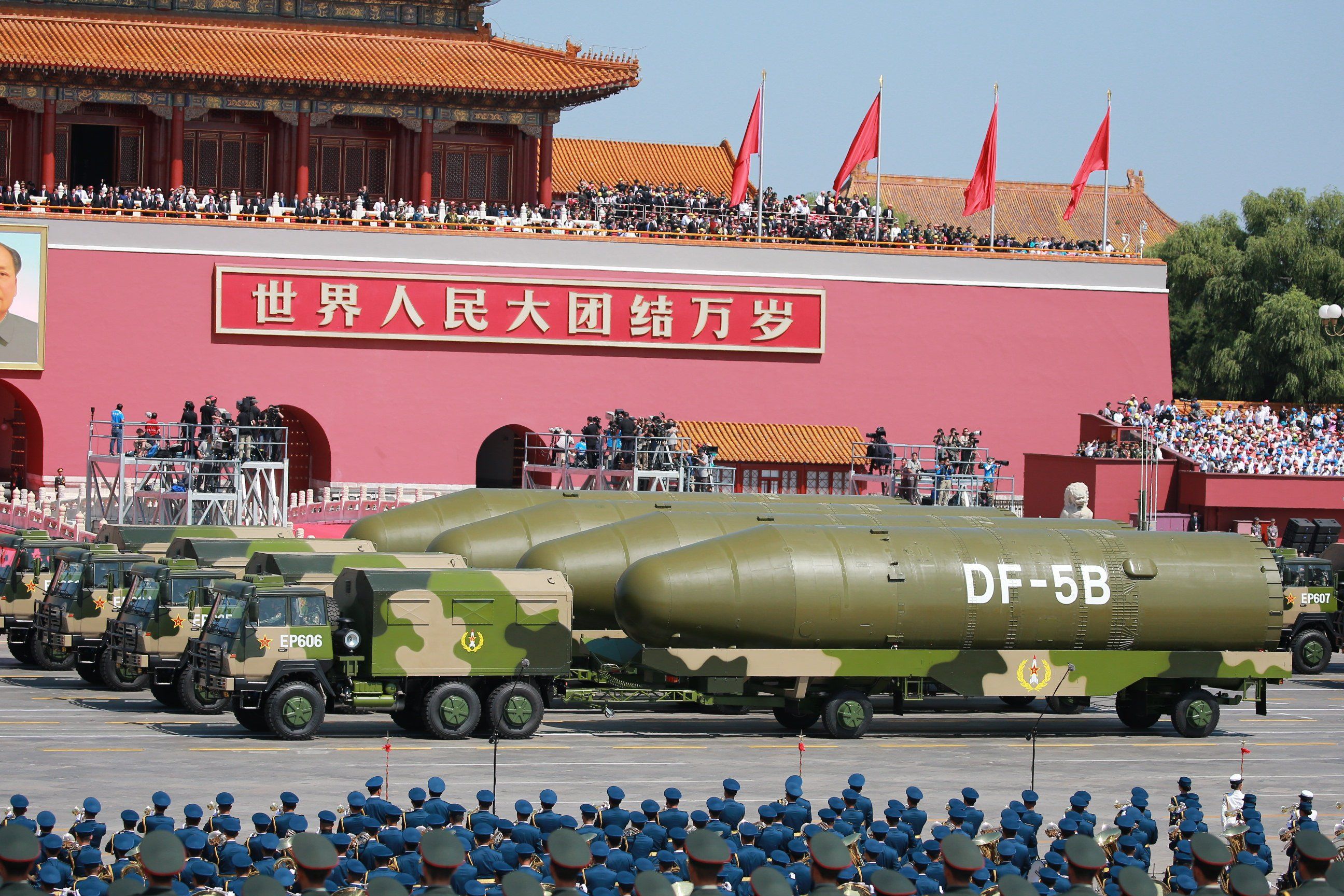The National Zoo may have lost its giant pandas, the most iconic symbol of US-China friendship, but breakthroughs in military discussions may help stabilize the relationship. Just ahead of the expected Biden-Xi summit in San Francisco, Beijing and Washington held their first talks on nuclear arms since 2019 and are reportedly planning to announce the resumption of formal military-to-military communications.
The State Department describes the nuclear talks as “constructive,” and China’s Foreign Ministry said they broached the subject of nonproliferation. It’s a subtle but important shift: China has rarely factored into arms control discussions in the past, as Russia and the United States possess nearly 90% of the world’s nuclear weapons. Their bilateral relationship over these apocalyptic arsenals far outweighed any other nuclear state’s position, China included.
Until, that is, Russia decided it wasn’t so interested in arms control anymore. In February, Moscow pulled out of the New START treaty, the last remaining arms control deal with the United States. A dangerous development, given the possibility of escalation in Ukraine, but an intriguing political opportunity for Beijing to augment its international status. After all, if Russia doesn’t want to help set the global rules of the road for nuclear weapons, why shouldn’t China?
From the White House’s perspective, sitting down to talk nukes with Beijing can act as a useful confidence-building measure while also addressing growing security concerns. The Pentagon reports that Beijing has expanded its nuclear arsenal to about 500 warheads, with a target of 1,500 by 2035. That would put China about on par with the US in terms of deployed weapons (counting mothballed warheads, the US arsenal still dwarfs all others except Russia’s) and is reason enough to open dialogue. Axios reports both sides are preparing to announce a formal resumption of military contacts, which were suspended last year after former House Speaker Nancy Pelosi visited Taiwan, infuriating Beijing.
Russia, for its part, seems to have woken up and smelled the plutonium. After news of the US-China nuclear talks broke, the Kremlin said it
remained willing to talk nukes with Washington — but would not tolerate “lecturing.” If the US and China are talking about setting up nuclear non-proliferation agreements between the two of them, Russia has no say over how or where they are applied. In short, Beijing winds up looking like a responsible global leader while Russia looks like a rogue state.
